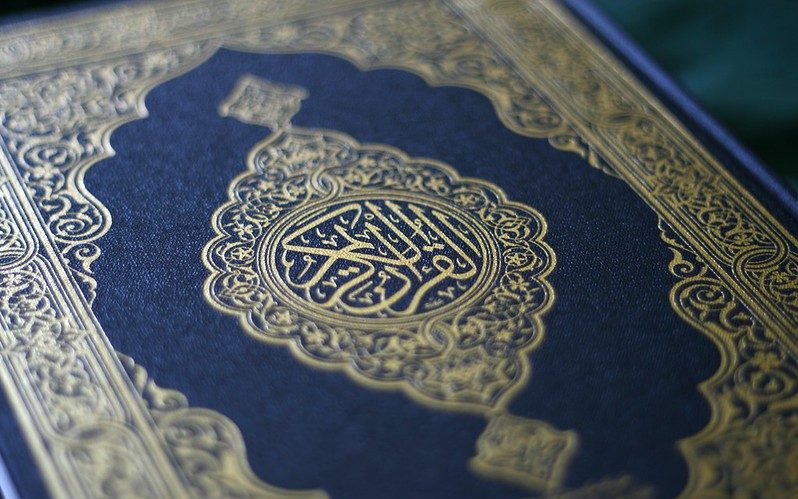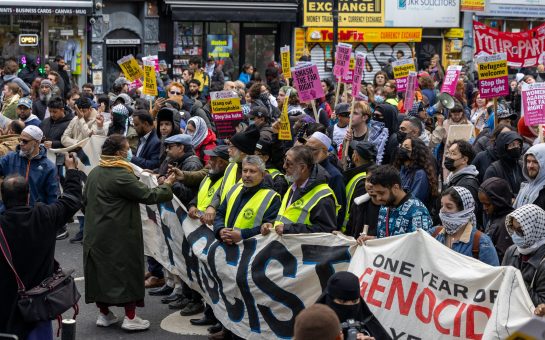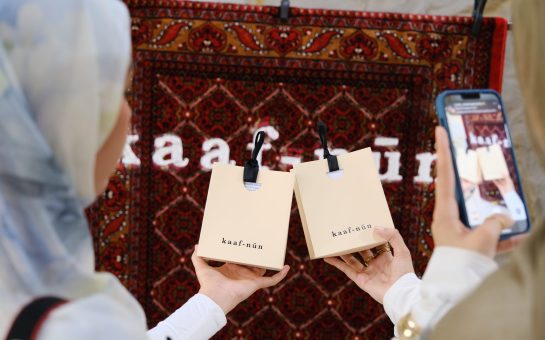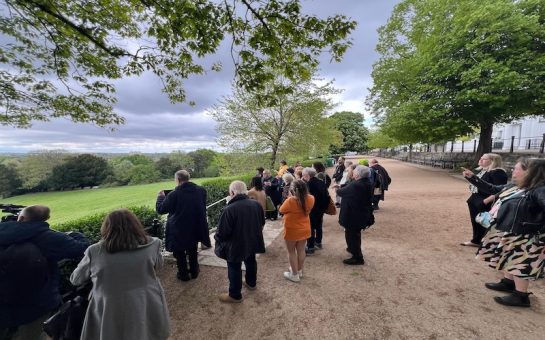As millions of Muslims around the world prepare to welcome the new Islamic year next week, here is everything you need to know about it.
What is the significance of Islamic New Year?
The Islamic New Year falls on July 18 of the Gregorian calendar in 2023, marking the start of the Hijri year 1445.
The first month in the lunar-based calendar is known as Muharram, a sacred month dedicated to religious rituals and acts of worship.
Like other Islamic holidays, the dates of a new month tend to change depending on the phases of the moon, with the start of a new month calling for a new lunar cycle.
The Islamic calendar commenced in the year 622 AD when Prophet Muhammed migrated with his companions from Makkah to Medina marking the beginning of the Islamic era known as Hijri, an Arabic word meaning migration.
The start of a new year is a public holiday in most Muslim countries as they commemorate this day with special prayers.
After facing years of persecution, the Muslims of Mecca including Prophet Muhammed and his companions migrated to Medina in order to practice Islam freely.
The Islamic year runs approximately 354 or 355 days and is around 11 days shorter than the Gregorian calendar, beginning with the month of Muharram and ending with Dhul-Hijjah.
The 10th day of Muharram, also known as Ashura, is considered to be significant for many Muslims because it was recognised to be the beginning of a new era.
Millions of Muslims observe this day with remembrance as it’s believed to be the day Noah departed the ark and Moses crossed the Red Sea.
How do Muslims celebrate?
During the month of Muharram, celebrations and customs differ between cultures and different religious sects.
While the new year is not widely celebrated, the vast majority use this month to reflect upon the sacrifices made by the Prophet Muhammed and the historical religious events that occurred throughout the Islamic timeline.
Although it’s not obligatory, some Muslims choose to fast on this day to show gratitude and to re-connect with their faith.
It is also common to honour the day by spending time with family and friends with special traditional meals cooked and shared with the community.
Featured image credit: Dave Rutt on Flickr – licence CC BY-NC-SA 2.0





